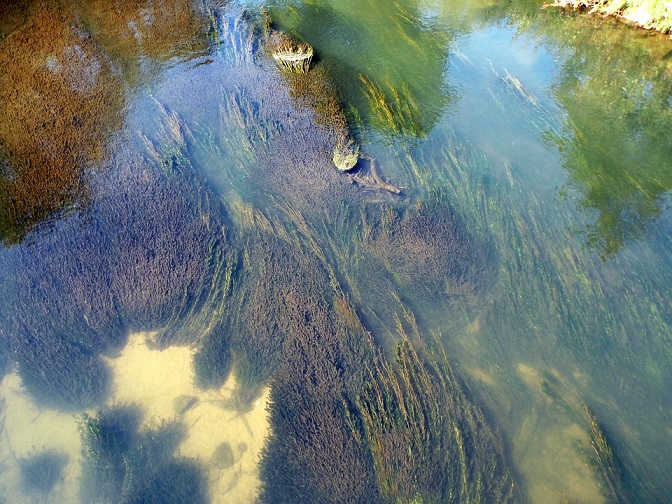Iconic freshwater bodies around the world are often threatened by invasive algal blooms, threatening the fish in them, the surrounding ecosystem as well as the drinking water supplies to those in the region.
Lake Baikal in Russia is a World Heritage site and home to more than 3,700 species, more than half of which are found nowhere else on the planet. Scientists had always assumed that the lake simply too vast to suffer the same fate as the Great Lakes, Lake Geneva, and Lake Biwa in Japan, but it seems they were wrong.
Runoff from fertilisers and other pollutants leads to eutrophication, an excessive growth of algae blooms that eventually deplete the water of oxygen, which will eventually suffocate all the aquatic plants and animals.
Added to the above causes is the recent growth in tourism and development:
People are dumping sewage, waste and rubbish around the lake, creating pretty appalling conditions in some places, said Anson MacKay, an environmental scientist at University College London.
Oleg Timoshkin, a biologist at the Russian Academy of Science’s Limnological Institute in Irkutsk, and fellow researchers have found that Spirogyra, a green algae that had rarely grown in Lake Baikal’s shallow zones is responsible for the outbreaks. Researchers in Severobaikalsk traced Spirogyra blooms to locations downstream of the town’s wastewater facility, as well as to an illegal sewage dumping site. They also found ” indicators of synthetic detergents and faecal material in both treated and untreated water entering the lake.
Underwater forests of native Lake Baikal sponges have begun dying off, and the algal blooms produce neurotoxins that are harmful to fish and crustaceans as well as humans who eat them. Locals in the surrounding areas have also complained that the drinking water is undrinkable.
Timoshkin and colleagues published their findings in The Journal of Great Lakes Research and called for an immediate ban on synthetic detergents and for the federal government to help with the reformation of sewage facilities around the lake.
Get bottled water coolers or mains water coolers from Living-Water.






